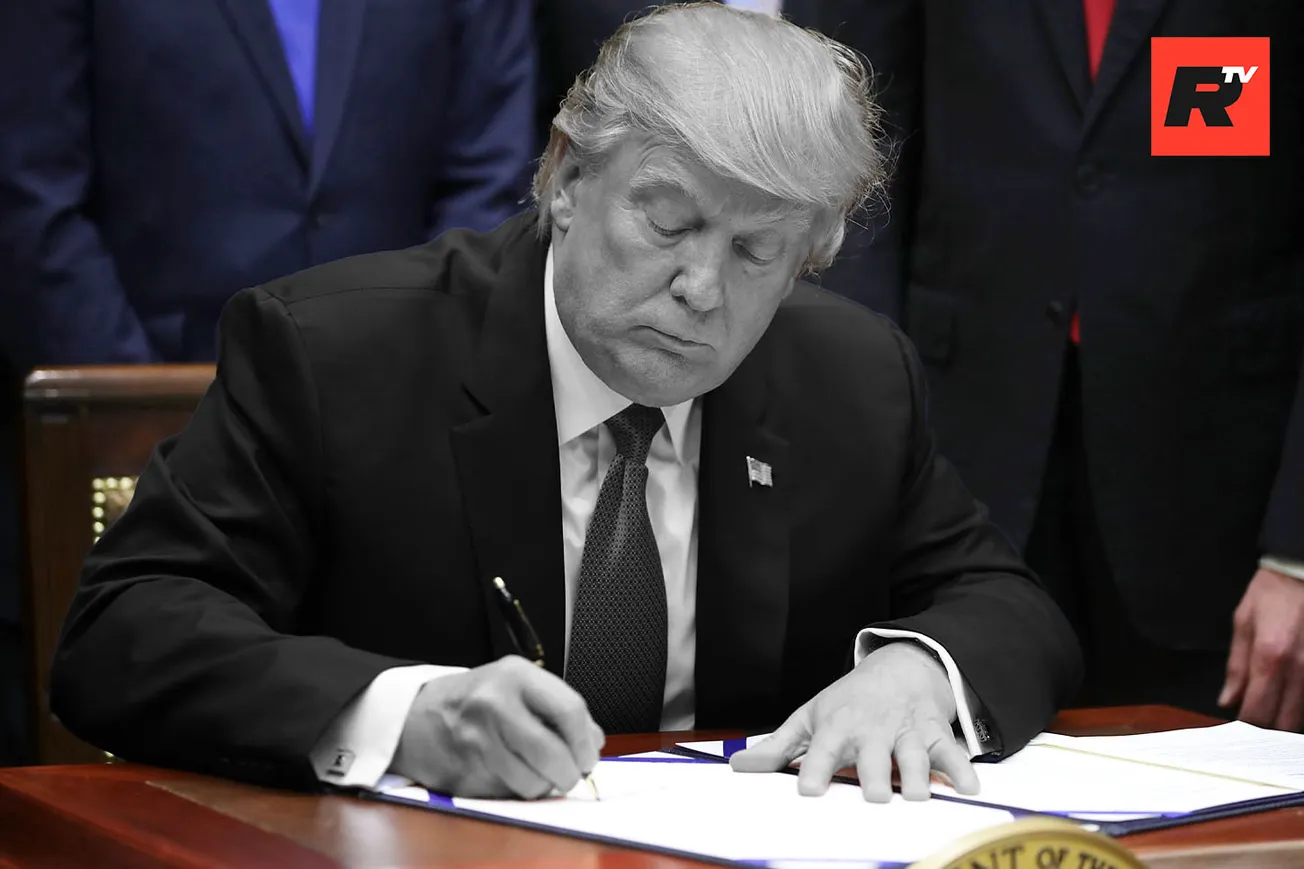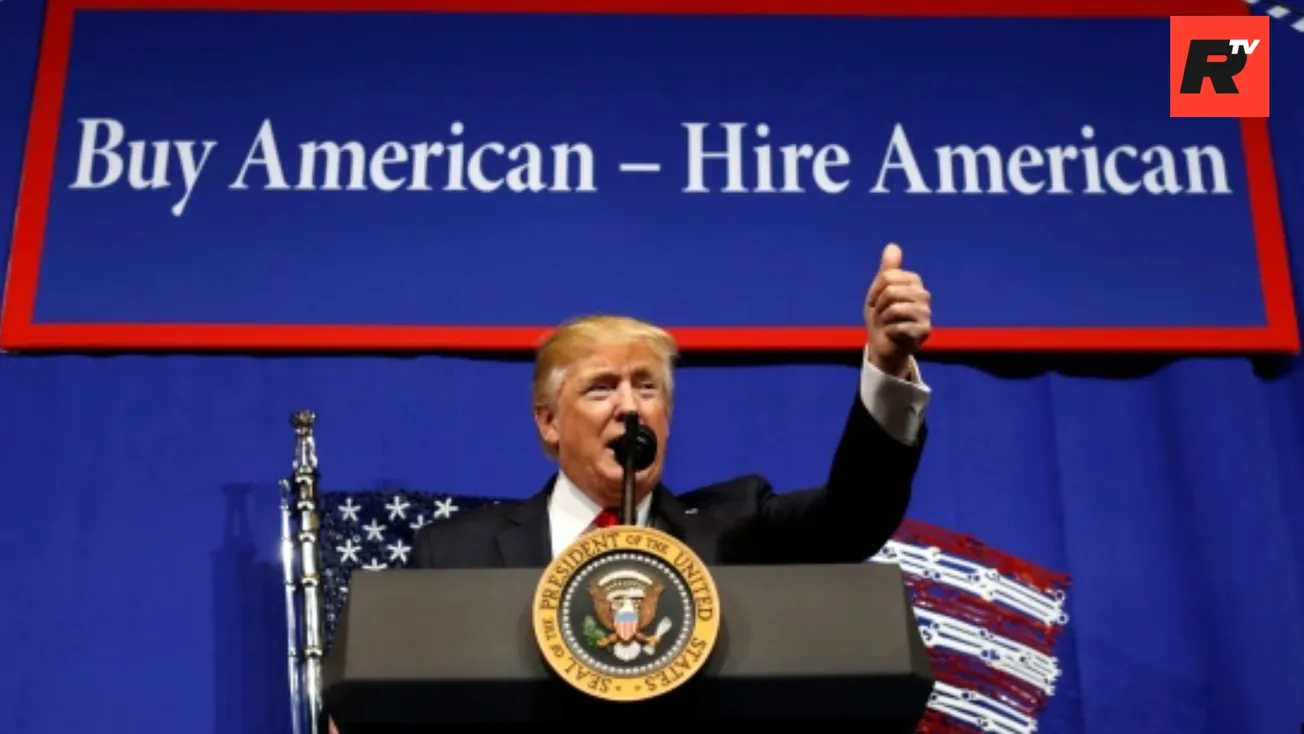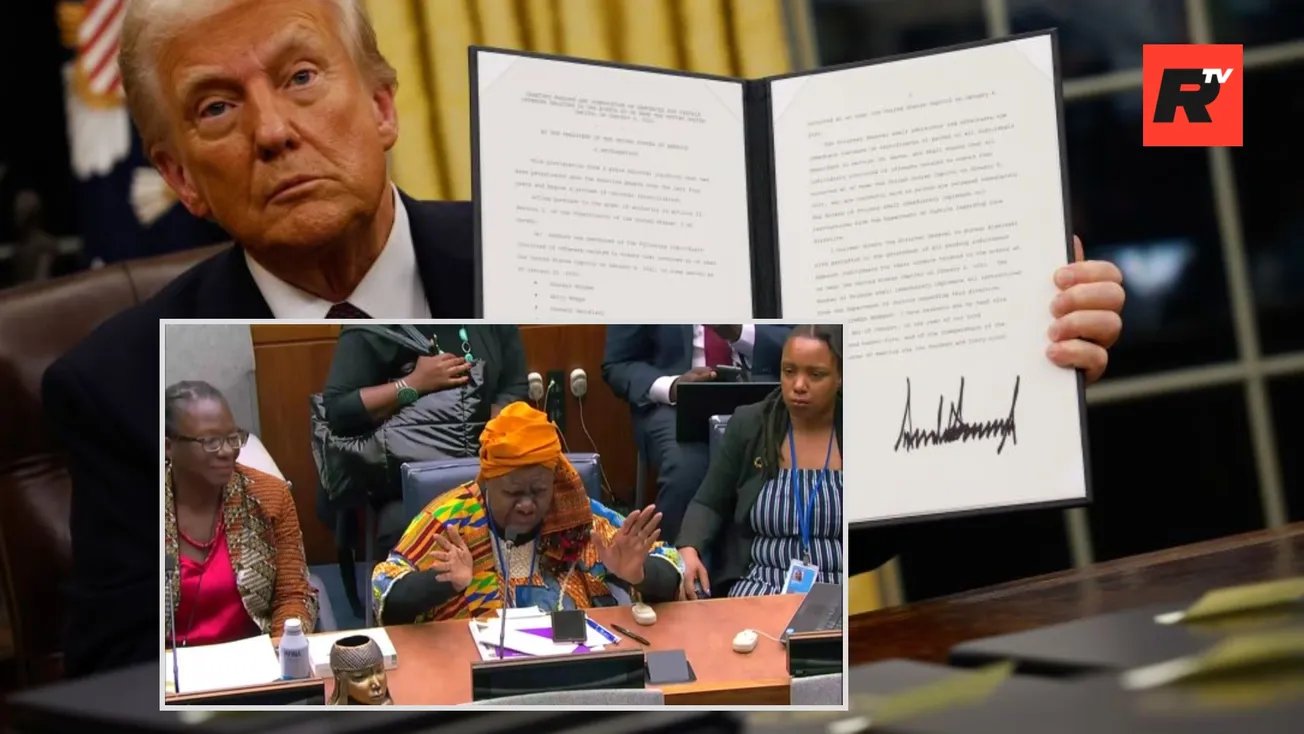Table of Contents
Financial experts have been warning that radical changes are coming to the U.S. economy. As the country faces an egregious and irresponsible debt crisis, the world is losing faith in the dollar.
The continued growth of foreign multilateral and intergovernmental financial systems, such as BRICS, has threatened the petrodollar and U.S. global economic hegemony. Senator Marco Rubio recently stated that it is “no longer normal” for the world to have a unipolar power, calling that idea an “anomaly.”
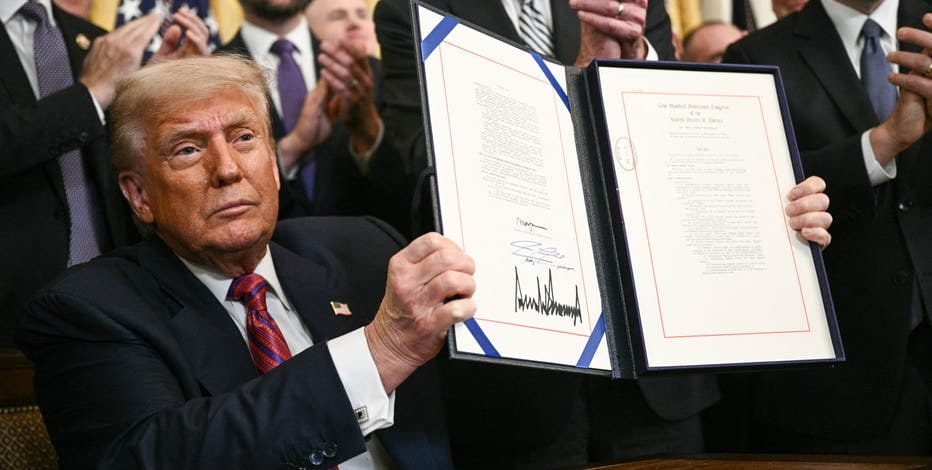
“It was a product of the end of the Cold War, but eventually you were going to reach a point where you had a multipolar world — multiple great powers in different parts of the planet. We face that now with China and, to some extent, Russia. And then you have rogue states like Iran and North Korea you have to deal with.”
How does the U.S. plan to maintain power in this new multipolar world while facing its failing debt-based economic system?
The GENIUS Act was signed into law on July 18, 2025 — just one day after the House passed the legislation. The purpose of the GENIUS Act is to increase demand for U.S. debt by requiring stablecoin companies to be backed by U.S. debt.
The Act utilizes stablecoins as a way to funnel global money into U.S. government debt. By requiring stablecoins to be fully backed by U.S. dollars or treasuries, global finances remain tied to the dollar. This enables the U.S. to regulate or block foreign stablecoin issuers, preventing BRICS nations from using unregulated tokens to circumvent U.S. sanctions. This directly undermines BRICS’ efforts to de-dollarize trade.
While in theory this new economic venture seems to be a positive response to the U.S.’s failing economy, some critics warn that new regulations on stablecoins will likely push the market offshore, where issuers will turn to real-world assets over U.S. debt. This could then force the U.S. to manage the debt crisis by taxing the American people — most likely through a carbon tax system. The theoretical fallout also opens the door to introducing a digital ID system.
Perhaps what we’re currently seeing in Vietnam is the beta test for this program. Vietnam recently implemented a nationwide digital ID system (VNeID) that requires both citizens and foreign residents to permit the government to store their biometric data in a centralized database.
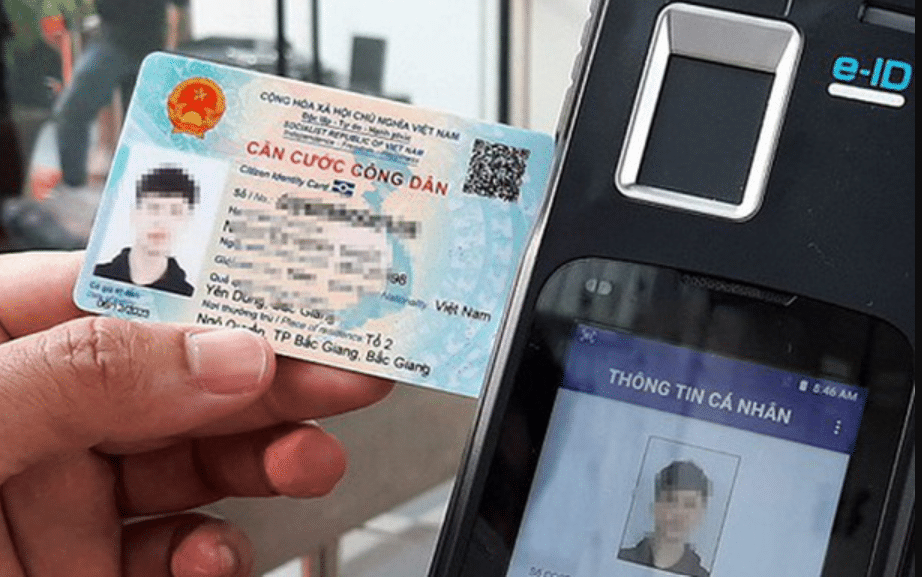
Participation is not optional, and accounts without biometric data are subject to freezing or closure. The Vietnamese government has already enforced freezes and closures on 86 million bank accounts. These types of systems also bring the potential for extreme government overreach, such as surveillance, tracking, or other misuse by authorities.
With censorship on the rise both in the U.S. and abroad, are concerns about such systems being utilized to control free speech unfounded?

